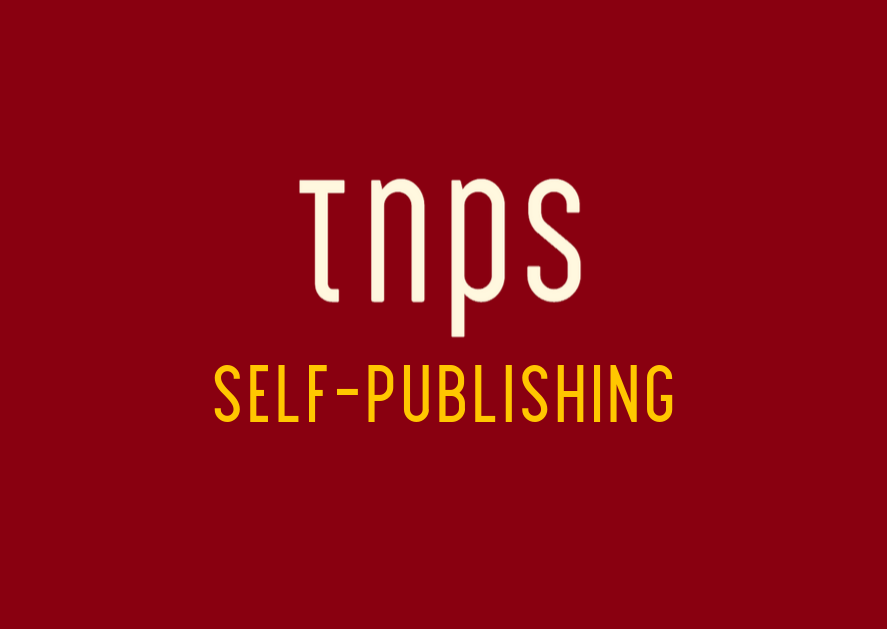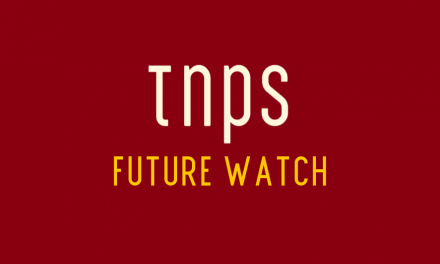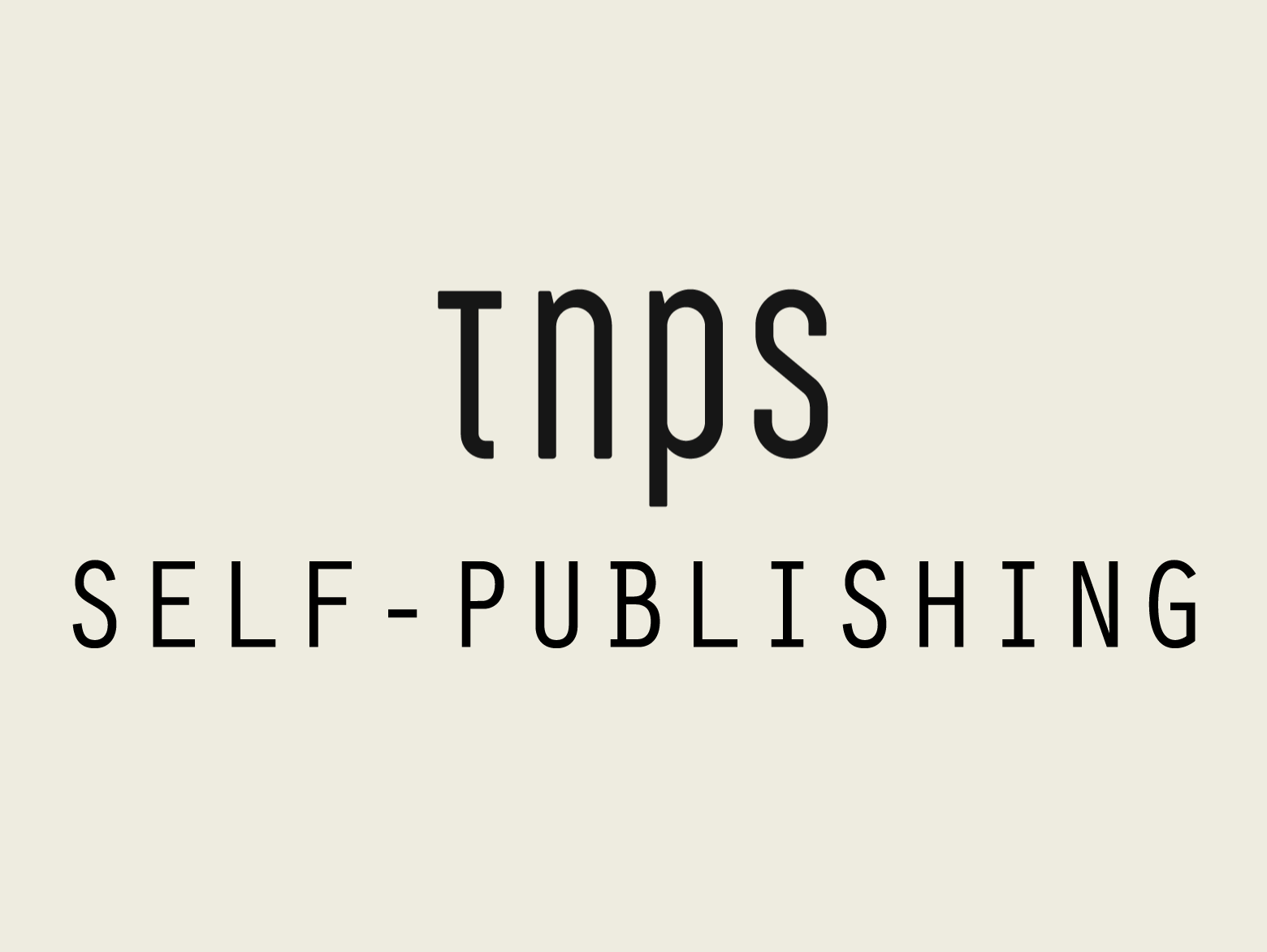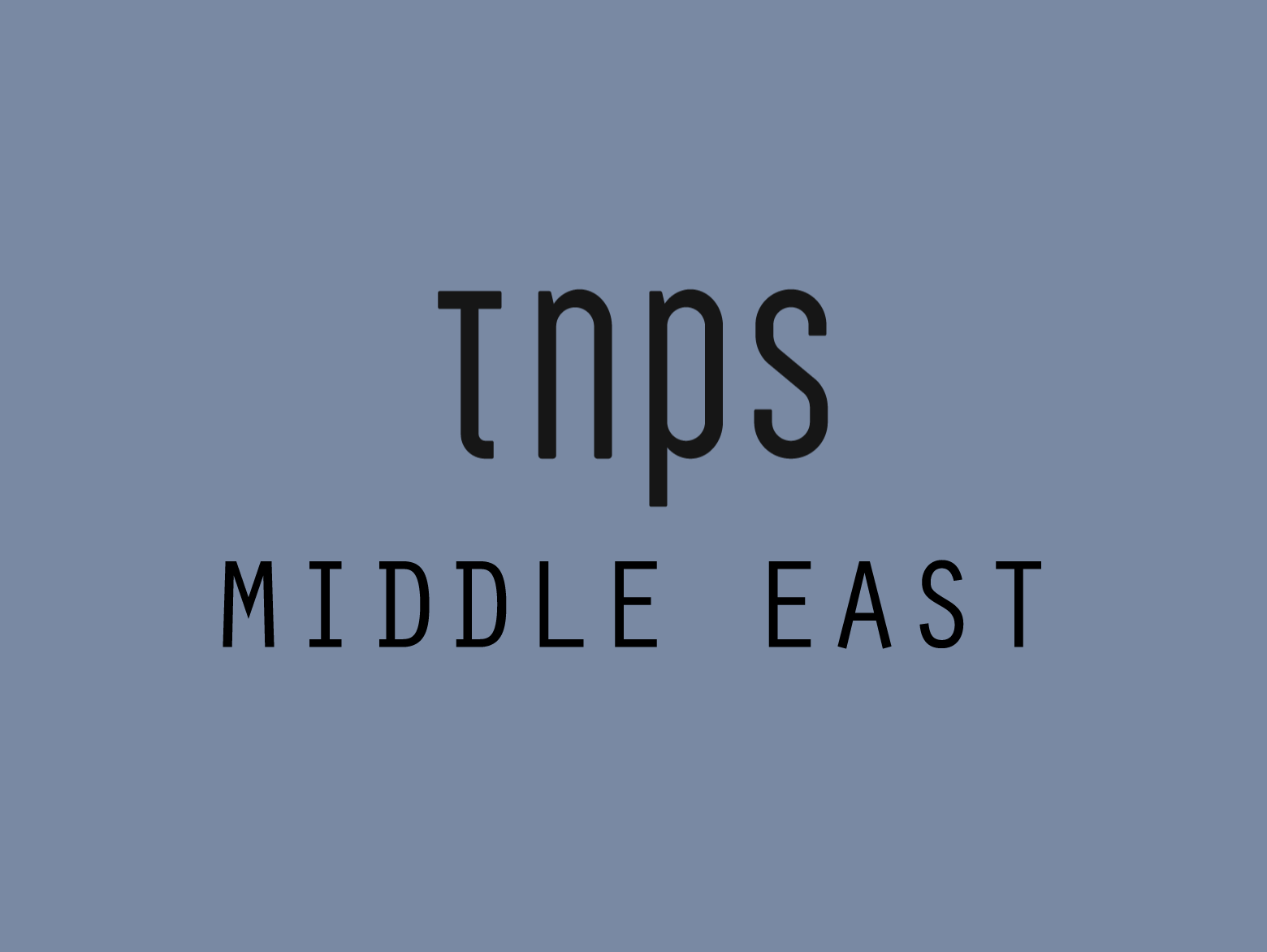When Amazon first launched on-site advertising for authors it was limited to those in the US. Eventually that was rolled out to the UK, and very recently to Germany. And now it seems also to Italy, Spain and France.
Nate Hoffelder at The Digital Reader, and Roger Packer on his indie author blog broke the news that authors will now find in their KDP dashboard the option to pay for promotions in Italy, France and Spain as well as the US, UK and Germany.
It’s great news for those authors who are comfortable with, and can afford, paid advertising, but the general consensus is that that’s a matter of trial and error to get to a point where they start paying off.
For most authors it’s just one more step along the pay-to-play road, where if you want to meaningfully sell on Amazon you have to buy visibility.
For those who know their way around the Amazon Ads system and can afford to pay for both Amazon Ads and simultaneously promotions via sites like Bookbub it means an easy route up the charts.
But isn’t this exactly what indie authors railed against when the self-publishing revolution began? Co-op fees are so unfair, we cried. Let the cream rise to the top on merit, not on who”s got the biggest budget.
And personally I must say there was a great deal of satisfaction is seeing a book soar up the charts, displacing bigger names, and knowing not a single penny of paid promotion has been involved. Those were the days.
As Hoffelder says over at The Digital Reader,
You can place an advert on a book via your KDP bookshelf. The advert will be displayed on an Amazon website, making these “adverts” more resemble co-op fees rather than advertising. Authors are, after all, buying pixels on an Amazon website in much the same way that publishers used to buy prime floor space in bookstores.
And Hoffelder ends his piece with a well-made point about how the biggest bookstore chains in the US and UK are going in the opposite direction. Talking about the US, Hoffelder said,
Ironically enough, while Amazon is doubling down on selling you pixels, Barnes & Noble is doing away with co-op fees altogether so they can instead display books customers might want to buy rather than the books that publishers want to sell. (Didn’t Amazon used to put the customer’s desires first?)






Trackbacks/Pingbacks